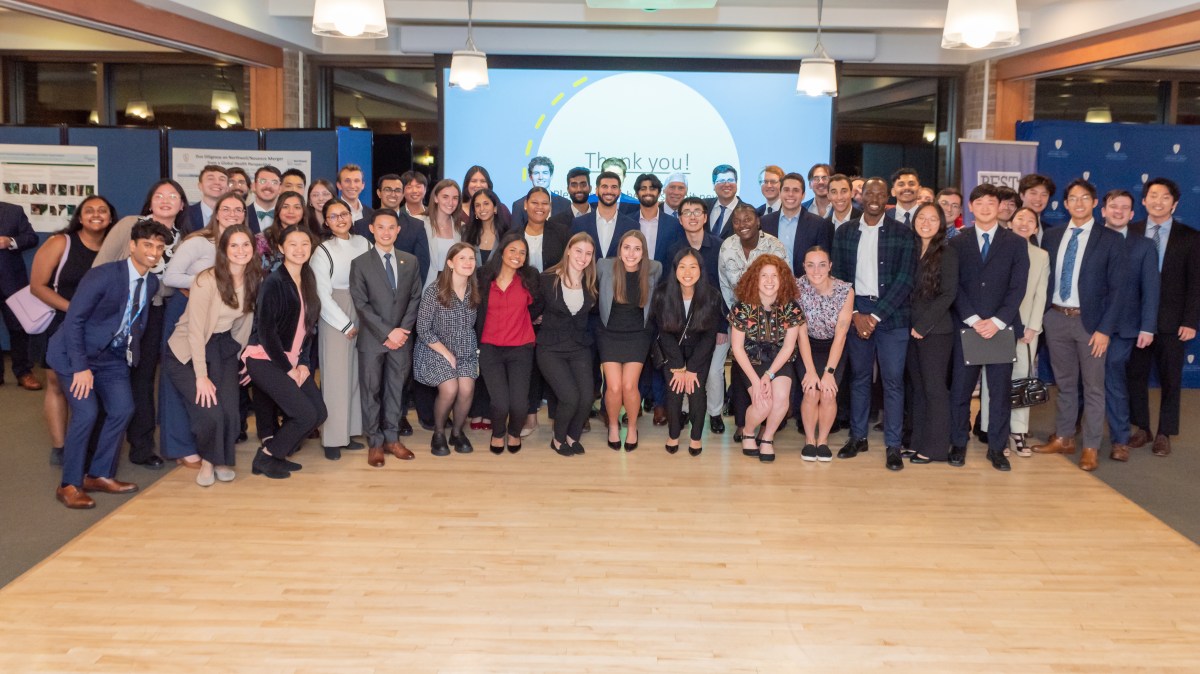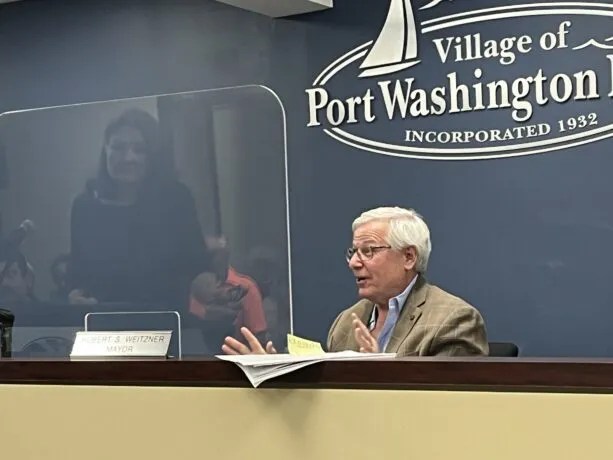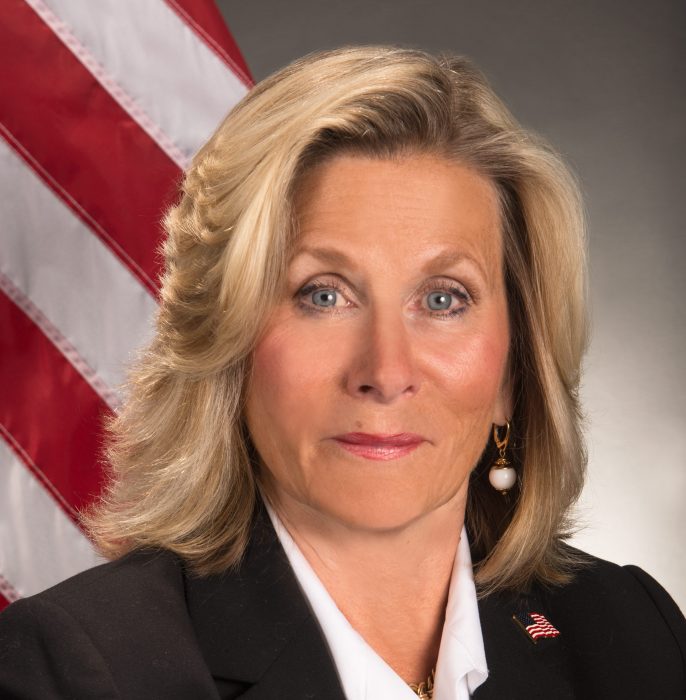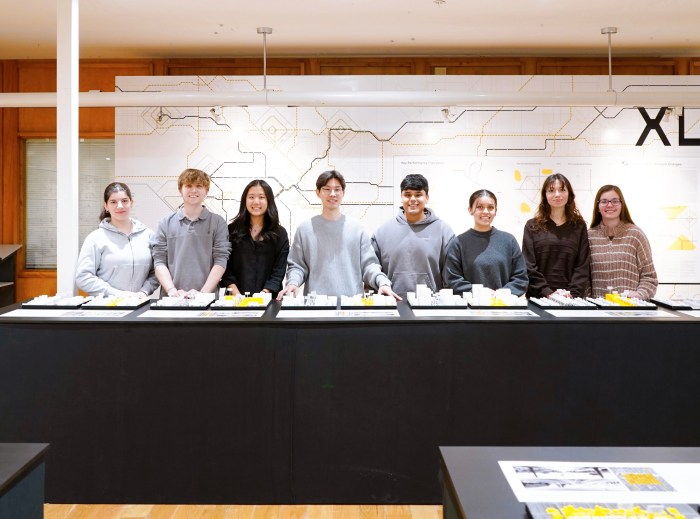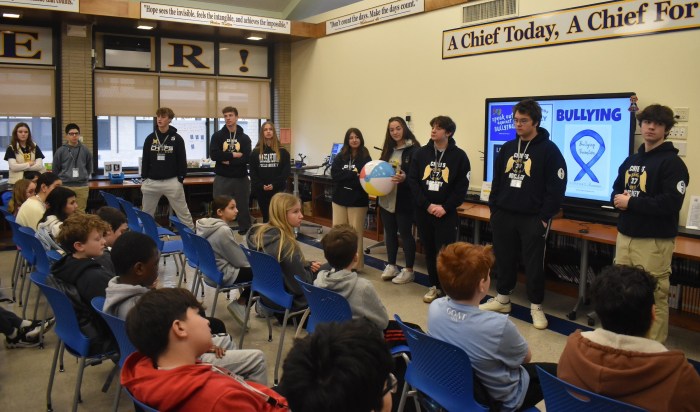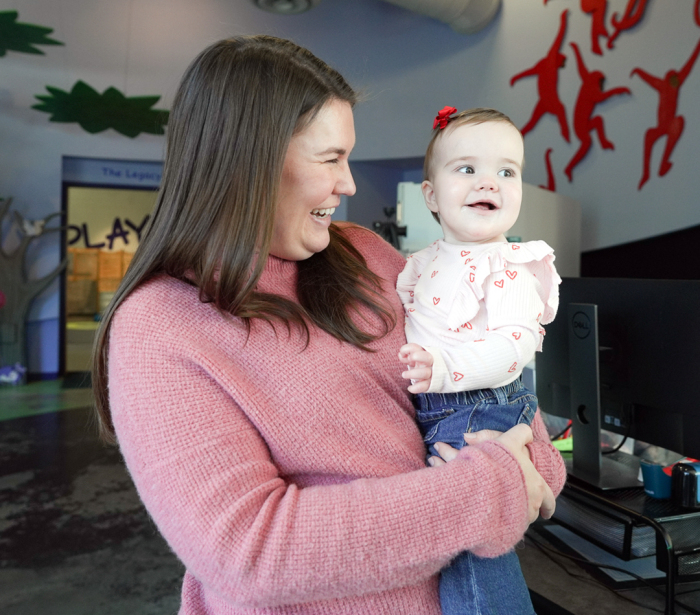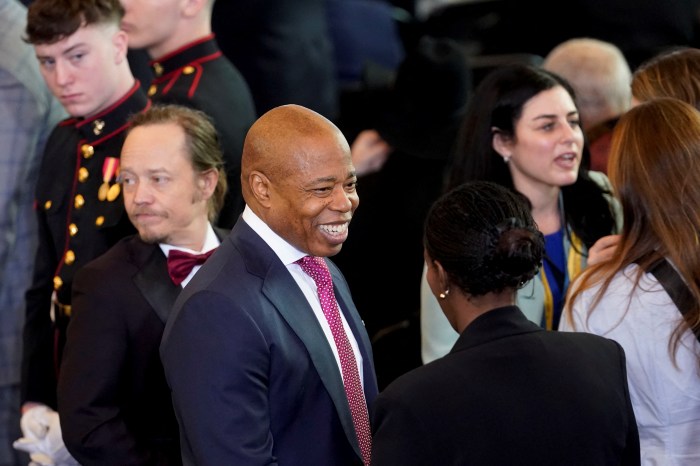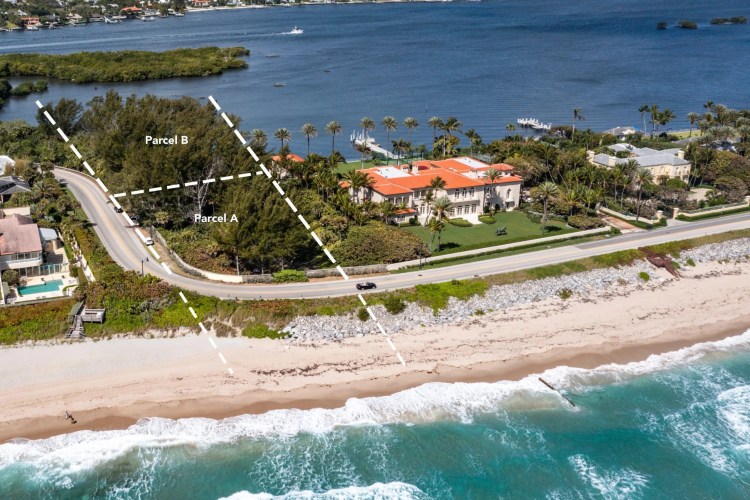The Donald and Barbara Zucker School of Medicine at Hofstra/Northwell hosted its 13th annual Medical Student Research Week November 4-8.
Research Week is facilitated by the Office of Medical Student Research and the Advisory Committee for Student Research. Each year, the medical school community comes together for this week-long roster of events in support of student researchers at every level. Over 90 medical students participated in scientific research this summer, and after weeks of investigation, presented their findings on Monday, Medical Student Research Day, kicking off the week’s activities.
“Research Week underscores our medical school’s commitment to supporting students in their research endeavors,” said Joel N.H. Stern, PhD, SFACAAI, director of the Office of Medical Student Research. “Nearly one hundred percent of Zucker School of Medicine students conduct research between their first and second year of medical school. We are proud to support them and provide an opportunity to showcase their hard work and dedication to scientific discovery and improving care and treatment for patients.”
The Zucker School of Medicine has consistently been recognized as a best medical school for research by U.S. News & World Report. The institution was one of 16 that ranked in the top tier for research according to U.S. News 2024 Best Medical Schools for Research.
This year, student researchers explored a wide variety of basic clinical and translational medicine research focusing on various specialties, including cardiology, neurology, surgery, oncology and public health.
Second-year medical student Alix Rosenberg’s project compared two methods for detecting genetic mutations in patients with advanced non-small cell lung cancer (NSCLC)—blood-based and tissue-based biopsies.
“My research shows that blood-based biopsies can be a useful tool for detecting mutations and starting treatment faster, and combining both blood and tissue-based biopsies could provide a more comprehensive approach to genetic testing in NSCLC patients,” Rosenberg said, who received a stipend from the Joe Namath Foundation to conduct her research. “I sincerely thank the Joe Namath Charitable Foundation for their generous support of my research. This funding has been instrumental in allowing me to explore important medical questions that have the potential to improve patient care.”
Many of the student researchers received support from donors committed to medical education, advancing scientific discovery and improving patient outcomes.
“I am deeply grateful for the contributions from Linda and Leonard Susman, without their kind and generous help, I would not have had the same capacity to devote myself to research over the summer. Their generosity provided an invaluable opportunity to immerse myself within the field of cardiology and electrophysiology, and to learn from such incredible clinicians at the hospital,” said second-year medical student Jeffrey Zhang-Sun, who worked with researchers at Lenox Hill hospital evaluating the long term outcomes post catheter ablation for atrial fibrillation in patients with chronic kidney disease.
While conducting their research, the students were guided by mentors also known as Project Investigators or PIs from Northwell Health hospitals, Cold Spring Harbor Labs and the Feinstein Institutes for Medical Research. This year, more than 100 PIs helped to guide future doctors and scientists through their investigations.
Student researcher Greer Williams worked with Jesus J. Gomar, PhD and Marc Lawrence Gordon, MD, MA, from Northwell Health’s Feinstein Institutes for Medical Research, studying the structural differences in brain connectivity among patients with Alzheimer’s disease.
“Dr. Gordon was the PI of this project and was always willing to lend his expertise and support whenever it was needed,” Williams said. “In the day-to-day, I mainly worked alongside Dr. Gomar, whose mentorship and guidance were crucial to the success of this study. I cannot thank them both enough.”
Williams received a stipend from the Korn Family for her summer research.
“I would like to extend my most sincere thanks to the Korn Family for their generous donation, without which I could not have completed this project,” Williams said.
The week’s events also included the opportunity for students to learn more about how to prepare for research during Tuesday’s panel discussion titled Research Planning: MS1 – 4, Gap Year, Beyond.
On Wednesday, more than 50 students, faculty members, school administrators and healthcare professionals attended an in-person panel discussion titled, “Diversity in Medicine.” This lively interaction underscored the importance and value of diverse perspectives in advancing scientific knowledge.
Brian Aquart, Esq., vice president of workforce and community education for the Center for Learning Innovation at Northwell Health, served as the event’s moderator, helping to lead an insightful discussion about diversity in research.
Medical Student Research Week concluded on Friday with a reception to celebrate the students’ achievements. Six student researchers were recognized and awarded for their projects’ quality, design and presentation.
The honorees included Jason Ha, Priscilla Lee, David Murtha, Kadir Ozler, Marianna Tu, Elizabeth Weber.
“My research was non-traditional, and I’m a non-traditional student, so it feels great to know that people found it interesting,” Tu said, whose project with the Center for Global Health at Northwell focused on the upcoming merger with Nuvance Health, which aims to leverage global health initiatives and optimize processes and policies across the health systems.
Tu, who participates in the Klar Leadership Development and Innovation Management program and received support for the summer from the Klar family to support her research, spent 14 years working in the nonprofit sector before enrolling in medical school.
Six physician mentors were recognized with the Scientific Excellence in Mentorship Award for having a profound impact on their students through high quality of research and guidance, as well as multiple publications and presentations at national and international conferences. These award winners include, Marina Frimer, MD, Anthony Szema, MD, Charles Tong, MD, Pey-Jen Yu, MD, Manish Vira, MD, and Daniel King, MD, PhD.
The Office of Medical Student Research Mission Ambassador Award acknowledged faculty and staff members who, while not necessarily serving as research PIs, made significant contributions to its mission by supporting students in various impactful ways including fostering collaboration and advocacy. These award recipients include Michael Dores, PhD, Wendy Herman, MS, Sun Jung Kim, PhD., Vimal Kumar, Christian Nouryan, MA, Brian Pinard, MD, Jonathan Sanchez and Joanne Willey, PhD.



